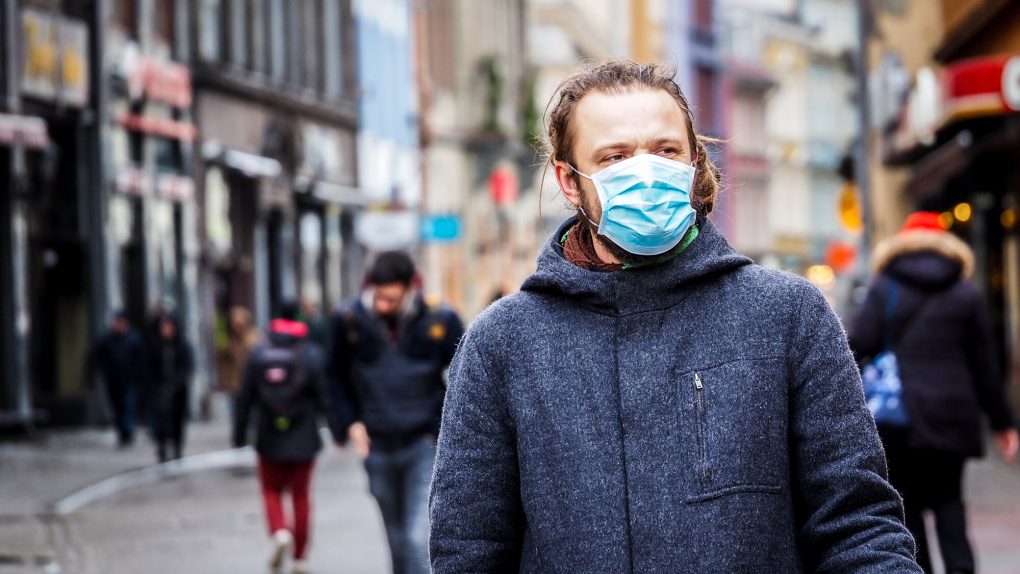- Some people are so terrified of catching the coronavirus that it can cause them to experience severe anxiety and bouts of depression.
- The term coined to describe this side effect is being called ‘coronaphobia,’ and it’s a very serious condition that is having a dramatic impact on people’s lives.
Researchers have started to use the term “coronaphobia” to describe people who are so afraid of catching the coronavirus that it effectively prevents them from living their lives. Coronaphobia can manifest itself in a myriad of ways, according to researchers. While some people may be too afraid to go outside, others may be overcome with anxiety or even suffer bouts of depression.
I myself have seen this dynamic play out amongst a few of my friends over the past few months. One friend of mine — who is not immunocompromised, I should point out — is still afraid to go into stores or even venture outside of her apartment even though quarantine ended months ago. Another friend of mine has been having periodic panic attacks simply due to the economic and health impact the coronavirus would have on his life if he contracted it.
The psychological impact of the coronavirus amongst those who don’t even have it was recently brought to light via a report on Medscape. Hardly a surprise, some studies have shown that people who have a predisposition to anxiety or who need a degree of certainty in their lives are more likely to be impacted by coronaphobia.
The report notes:
The term is a catch-all phrase for the fear and the emotional and social strain experienced by the general public in response to COVID-19. Obsessive behaviors, distress, avoidance reaction, panic, anxiety, hoarding, paranoia, and depression are some of the responses associated with coronaphobia. On the surface, these appear to be normal, somewhat fitting reactions to this surreal and frightening moment in time. However, for those experiencing coronaphobia, they are distinctly maladaptive and harmful.
According to one doctor interviewed by Medscape, coronaphobia is essentially a type of adjustment disorder. An adjustment disorder, according to the Mayo Clinic, is when someone experiences a level of stress or physical response to a situation that is disproportionate to the underlying situation itself.
Some of the symptoms indicative of an adjustment disorder include the following:
- Feeling sad, hopeless, or not enjoying things you used to enjoy
- Frequent crying
- Worrying or feeling anxious, nervous, jittery, or stressed out
- Trouble sleeping
- Lack of appetite
- Difficulty concentrating
- Feeling overwhelmed
- Difficulty functioning in daily activities
- Withdrawing from social supports
- Avoiding important things such as going to work or paying bills
- Suicidal thoughts or behavior
The Mayo Clinic notes that an adjustment order doesn’t typically last longer than 6 months “after the end of the stressful event.” This, of course, would help explain coronaphobia to the extent that the coronavirus pandemic is still ongoing and is actually getting worse in some areas. In fact, coronavirus infection rates in some states are now higher than they were back in March and April.
As it stands now, it doesn’t look like the U.S. will be able to firmly move past the coronavirus until 2022 at the earliest. Even if an effective vaccine is given the green light by the FDA later this year, it will take some time to administer it to the entire population.








